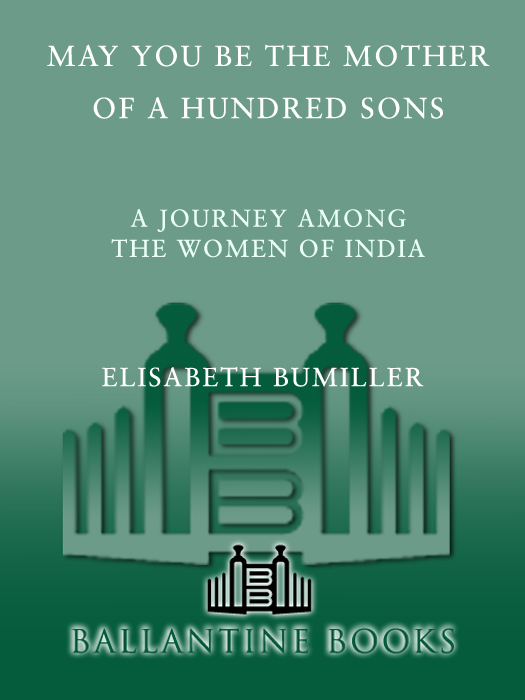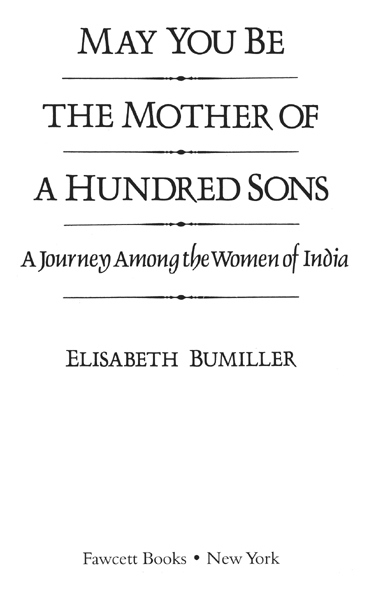May You Be the Mother
of a Hundred Sons
A SPLENDID BOOK
At times shocking, at times deeply moving, at times sheer fun. Bumillers ultimate concern is the powerlessness of Indian women. She writes with such a distinctive and honest voice, it wins the readers sympathy from the minute she steps out of the plane in Delhi and breathes the air. Lucid, well-informed, and intelligently sympathetic.
The Washington Post Book World
Powerful Bumiller goes far beyond the simple, often erroneous stereotypes concocted by imperialists such as Rudyard Kipling. Instead of seeing India through the narrow eyes of a disapproving outsider, Bumiller drinks in all she sees with a reporters thirst. She has woven a tapestry that is disturbing yet satisfying, capturing the paradoxes without passing judgement. It is a fascinating book.
The Baltimore Evening Sun
Elisabeth Bumiller is an extraordinarily engaging writer with a warm style. She has written a beautiful, insightful and important book.
David Shipler
Pulitzer Prize-winning author of
Arab and Jew: Wounded Spirits
in a Promised Land
This is the rarest of achievements, a western writer who has actually discovered India. What E.M. Forster and Ruth Jhabvala have achieved as art, Elisabeth Bumiller has captured by plain reporting of the most complex civilizations on earth.
Senator Daniel Patrick Moynihan
Former U.S. Ambassador to India
An impassioned and compassionate report on the condition of modern Indian women. Full of facts and figures, vivid pictures of places and people, and moving personal responses to them all. A rich and disturbing portrait of India nearly half a century after independence.
The Kirkus Reviews
A Fawcett Book
Published by The Random House Publishing Group
Copyright 1990 by Elisabeth Bumiller
All rights reserved.
Published in the United States by Fawcett Books, an imprint of The Random House Publishing Group, a division of Random House, Inc., New York, and simultaneously in Canada by Random House of Canada Limited, Toronto.
This edition published by arrangement with Random House, Inc.
Fawcett is a registered trademark and the Fawcett colophon is a trademark of Random House, Inc.
Library of Congress Catalog Card Number: 90-85054
eISBN: 978-0-307-80343-6
www.ballantinebooks.com
v3.1
For my mother
A CKNOWLEDGMENTS
THIS BOOK WOULD NOT HAVE BEEN POSSIBLE WITHOUT THE COUNTLESS people who helped me, encouraged me, taught me about India and invited me into their lives. A few deserve a special mention here.
In New Delhi, the wonderful, chaotic, loving Bissells and members of their extended familyBim, John, William, Monsoon, Mrs. Nanda, Padma and Nishamade India the extraordinary place it was for me; they will remain lifelong friends. Renuka Singh, my soulmate and collaborator in the search for Surinder Kaur, devoted weeks to that project and others, and gave me valuable suggestions after reading my manuscript. She, too, will remain a friend for life. The phenomenal P. J. Anthony of The New York Times New Delhi bureau selflessly helped me when he could have been doing something else. To me, he seemed like a gift dropped from heaven. Mani Mann provided much laughter, good friendship and a beautiful sari, and Ritu Menon lent invaluable insight and advice. In New Delhi, I would also like to thank Mani Shankar and Suneet Aiyar, Suman and Manju Dubey, G. Parthasaraty, Rama Mohan Rao, Richard Weintraub, Nilova Roy, C. P. Sujaya, Ella Datta, R. L. Verma, Sanjoy Hazarika and all of the fine people at 35 A/1 Prithvi Raj Road, particularly Abdul Toheed, Chunni Lal and the late Mohinder Singh. I also owe a special debt of gratitude to yet another member of the extended Bissell family, Mallika Singh.
In Calcutta, I am extremely grateful to M. J. and Mallika Akbar, Shekhar and Pakhi Bhatia, Rajbir and Meena Singh, and Shanti Bhattacharya, who fed me, entertained me and most of all guided me through the maze of their city. I would also like to thank Carolyne Wright for her permission to reprint her translations of Nabaneeta Dev Sens poetry.
In Bombay, Vir and Malavika Sanghvi were like my home away from home. Both of them know how much they helped me, and how much their writing and thinking influenced me and this book. I also owe an enormous thank you to Bhawna Somaya, who is the person who made the chapter on film stars possible, and who became a good friend. I am grateful, too, to Vibhuti Patel for her time and energy in helping me to understand the workings of the Womens Centre, and to Siddharth Bhatia for his assistance in reporting.
In Madras, I would like to thank Jaya Gokulamani, who poured her heart and talents into our work in Salem District, and who literally helped nurse me back to health during the long drive back from Belukkurichi. I am grateful, too, to Jaya Arunachalam of the Working Womens Forum.
In Gujarat, I am appreciative to Ela Bhatt, Renana Jhabvala, Harish Khare, Anila Dholakia and all of the other people connected with the Self-Employed Womens Association. At SEWA Rural in Jhagadia, Anil and Lata Desai, Gayatri Giri and the other staff members taught me about health care for Indias poor.
In Lucknow, I will always be grateful to our friend and teacher Dr. Surendra Singh, his wife, Reena, his mother and his remarkable daughtersAnu, Anju, Chotu, Rinki and Moon. Thanks, too, to Balraj Chauhan, who first led me to Dr. Singh. In Khajuron, I feel I can never repay the kindness and hospitality of Vindhya Devi, or Bhabhiji, and her late husband, Sheo Singh. I also owe many thanks to Mr. and Mrs. Shardul Singh, Amar Singh and Kitty Singh.
In Washington, I would especially like to thank my editors at The Washington PostBen Bradlee, Len Downie, Mary Hadar and Ellen Edwardswho thought it was a fine idea to send a Style reporter to India, and who cheered me on throughout my three and a half years there. Portions of this book were published in earlier versions in the Post, and I am grateful to the paper for allowing them to reappear here. I would also like to thank Kathy Sreedhar, whose help, expertise, friendship and tremendous enthusiasm kept me going, and whose work in India has been an inspiration for mine. I am indebted to Maura Moynihan for the priceless education she gave me about India, and for the laughter and friendship she brought into our home. Her mother, Elizabeth Moynihan, added to my education and set me on the right path that first week in Jhor. Marty Chen provided wisdom and advice, and Mahnaz Ispahani took time out from her own research to find material for me at the Library of Congress.
In New York, I am especially grateful to Peter Osnos, my editor at Random House, who has guided me and spurred me on since we started talking about this book in 1984, and also to my literary agent and friend, Amanda Urban, who was the one who thought I should write a book in the first place. Virginia Avery, my copy editor, did a superb job with the manuscript. Many thanks also to Ken Gellman for all his help at Random House. In Cincinnati, Barbara Ramusack provided fascinating material on Katherine Mayo, and my brother-in-law in San Diego, Dr. Michael Weisman, answered many questions about family planning. Ken Rice in Carmel did a beautiful job printing my photographs.


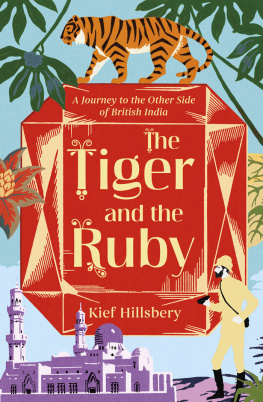
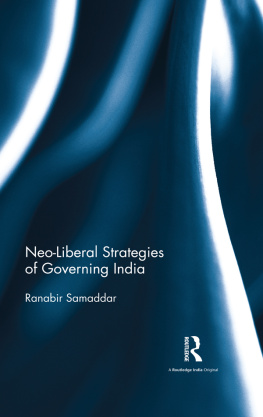
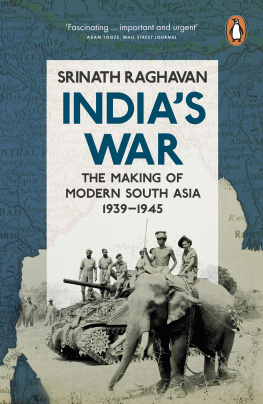
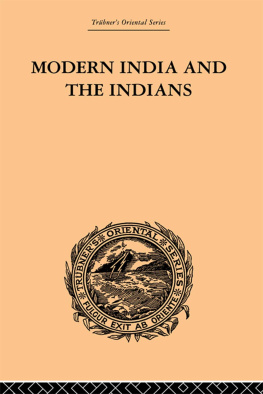
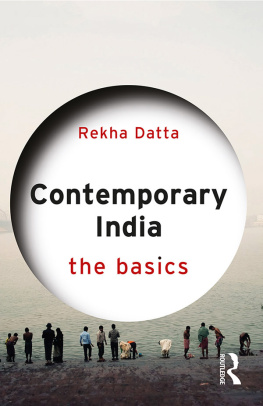
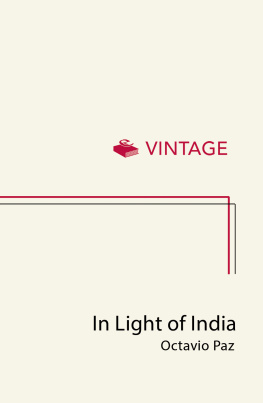
![Keith Bain - Frommers India [2010]](/uploads/posts/book/43617/thumbs/keith-bain-frommer-s-india-2010.jpg)
